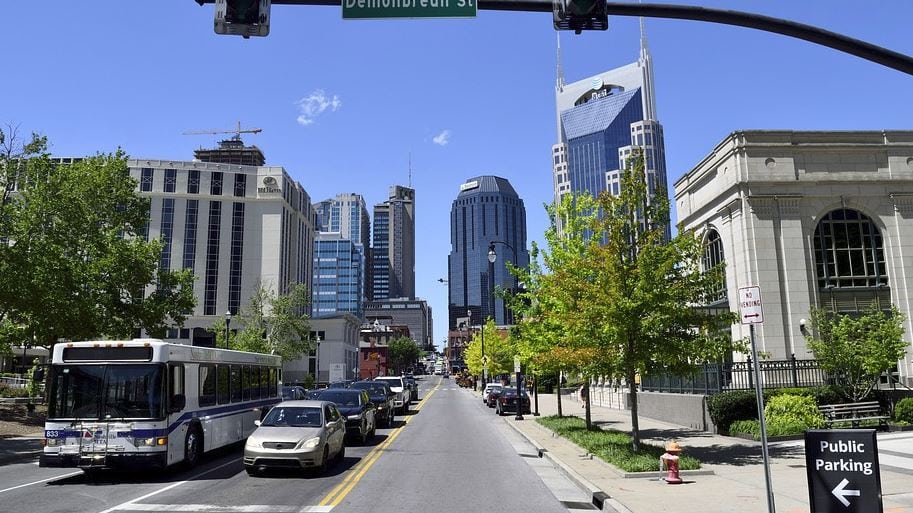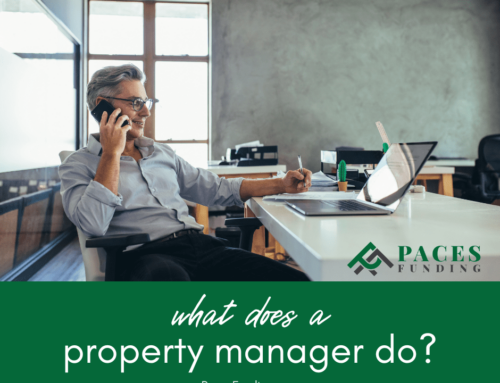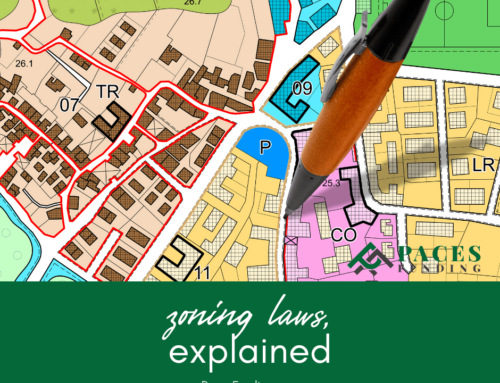
How And When To Obtain A Business License In Nashville
If you’re considering purchasing a property in Nashville to use for business, you’ll need a business license. If a business is located within the Nashville city limits, the owner must pay for a business license or a minimal activity license. The fee for that is $30. Now, if the business is outside the city limits, but still in the county, the owner still has to pay for a business license or a minimal activity license. Outside the city limits, the fee is just $15 though.
If your gross receipts fall between $3,000 and $9,999 during a fiscal year, you only need a minimal activity license. This license is renewed annually.
The City of Nashville makes it easy to get a business license. You can download and print the application right from their website.
You have to include the following information on the application:
- Business name
- Business address
- Business telephone number
- Owner’s name(s)
- Owner’s home address
- Owner’s home telephone number
- Owner’s social security number
- Copy of owner(s) driver’s license
- Signature of each owner
Don’t forget, you still have to report your gross receipts to the Tennessee Department of Revenue each year.
Are You Looking for a Hard Money Loan to Flip a House?
Paces Funding is a hard money lender offering hard money loans to purchase and renovate non-owner occupied residential and commercial properties throughout the Atlanta, Nashville, Florida, North and South Carolina metropolitan areas. Our application process for hard money loans is easy. Just fill out this very simple online form and you will be contacted shortly. Unlike other lenders, the window between applying and funding is very small. We have funded properties in as a little as one day, but typically funding hard money loans takes about seven to ten days.
Call us at 404-814-1644 or contact us online to find out whether you might qualify for this type of funding. In the meantime, check to ensure that you meet our loan criteria. Our loan amounts can be up to 65 percent of the after-repaired value of the collateral—and if you use the loan for renovation or construction, the loan amount can be based on the collateral’s improved value.














